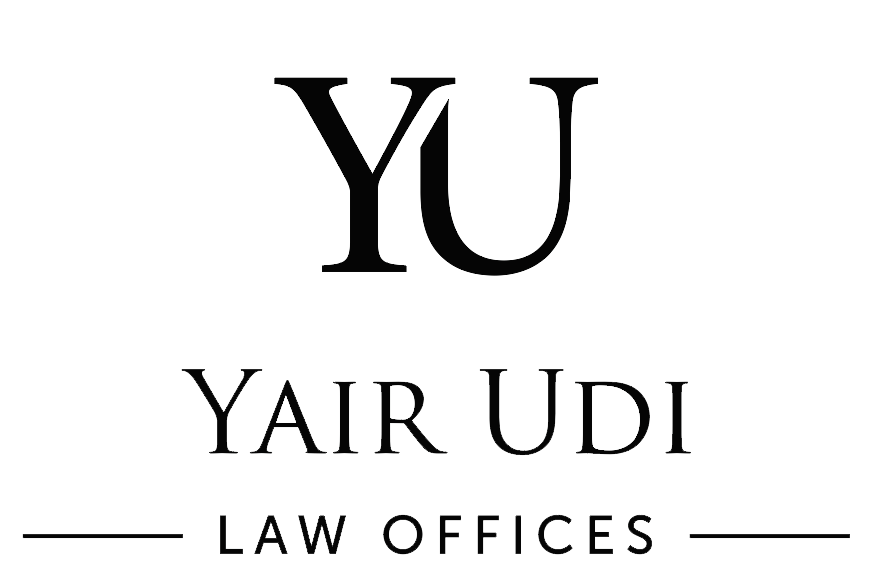The appointment of a company Director is one of the most important issues for shareholders. One always wants to entrust business to an honest manager who would act in the interests of the company. However, it may be difficult to assess the performance of Director’s duties in terms of his “loyalty” and “care”. And it’s even more difficult to penalize a dishonest manager for violating these abstract duties.
The notions mentioned above are the components of Director’s (so called) fiduciary duties.
So what is it and how can it be explained for better understanding?
The concept of fiduciary duties in corporate relations is definitely old. Is has its roots in Roman law. Even then, is was based on the highest standards and principles of morality. Historically, these ideas are the legacy of common law precedents, and over the years it has spread and found its reflection in the national legislation of many countries of the world.
One of the world’s most known legal document that embodies this concept is probably the UK’s Companies Act, 2006, which provides for the following fiduciary duties of Directors: to act within their powers; to ensure the success of the company; to be independent in one’s judgments; to show reasonable prudence, care and professionalism; to prevent conflicts of interest; to report transactions of interest; and not to receive personal benefit from the position held.
Fiduciary duties of the Director, other managing entities or even shareholders themselves are the responsibilities that guarantee that those who manage other people’s assets act in the best interests of their beneficiaries, and not their own. Because the decisions made by the persons in office may influence the way companies are run and the way the business goes.
The Principles of Corporate Governance published by the Organization for Economic Cooperation and Development (OECD Principles) establish the two basic fiduciary duties of company directors: the duty of care and the duty of loyalty. The first involves the obligation to act in good faith for the benefit of the enterprise’s development, devoting enough time, effort and professional skills to its management. And the second is aimed at avoiding a conflict of interests and actions of the director when making decisions about the enterprise’s activities only in the best interests of the company.
“Board members should act on a fully informed basis, in good faith, with due diligence and care, and in the best interest of the company and the shareholders” – the principles state.
The OECD Principles (2015) is the main legal document that establishes the universal features of the fiduciary duties of company managers concerning the duty to act in the interests of the company and its owners.
Yet different countries may regulate some of the issues in their own ways. Depending on the jurisdiction, Directors may be required to act in the best interests of the company or even in the best interests of its owners. Generally, fiduciary duties are assigned to Directors of enterprises, but sometimes to its officials, and even the concept of fiduciary duties of shareholders also occurs in the legal literature.
But let’s get back to the concept of a director’s fiduciary duties. So, is this a moral concept or a legal rule, for the violation of which the leader can be penalized?
The consequence of a director’s wrong actions or decisions, which could be detrimental to the company, is that shareholders can sue management for damages. In this case, the amount of recovery by a court decision can be significant.
And of course, the improper performance by the Director of his duties can lead to both temporary removal from office and the complete dismissal.
Thus, it is very beneficial for both business owners and managers to have sound legal knowledge of their rights and obligations, which can prevent the loss of assets or money.
For more information concerning the Director’s interests’ protection you can read about Directors and Officers Indemnification Agreements.
DISCLAIMER
This content is brought to you for informational purposes only, you should not construe any such information or other material as legal, tax, investment, financial, or other advice. Nothing contained on this website constitutes a solicitation, recommendation, endorsement, or offer by any person or any third party service provider to buy or sell any securities or other financial instruments in this or in in any other jurisdiction in which such solicitation or offer would be unlawful under the securities laws of such jurisdiction.
THIS ARTICLE IS PROVIDED FOR INFORMATIONAL PURPOSES ONLY AND DO NOT CONSTITUTE LEGAL ADVICE. THIS ARTICLE IS PROVIDED WITHOUT ANY WARRANTY, EXPRESS OR IMPLIED, INCLUDING AS TO ITS LEGAL EFFECT AND COMPLETENESS. THE INFORMATION SHOULD BE USED AS A GUIDE AND MODIFIED TO MEET YOUR OWN INDIVIDUAL NEEDS AND THE LAWS OF YOUR STATE, BY INDEPENDENT COUNSEL YOU RETAIN. YOUR USE OF ANY INFORMATION CONTAINED IN THIS ARTICLE, IS AT YOUR OWN RISK. WE, OUR EMPLOYEES, CONTRACTORS, OR ATTORNEYS WHO PARTICIPATED IN PROVIDING THE INFORMATION CONTAINED HEREIN, EXPRESSLY DISCLAIM ANY WARRANTY, AND BY DOWNLOADING OR USING OR RELYING ON THIS ARTICLE; NO ATTORNEY-CLIENT RELATIONSHIPS ARE CREATED. DO NOT USE THIS ARTICLE WITHOUT AN INDEPENDENT LAWYER YOU HAVE SPECIFICALLY RETAINED FOR SUCH PURPOSE.
© 2022 Yair Udi – Law Offices. All rights reserved

